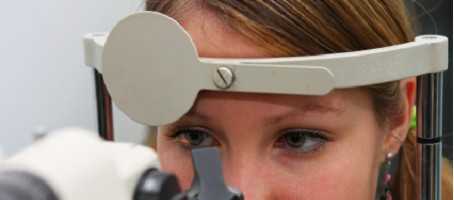Researchers from the Karolinska Institute in Sweden have come up with a unique and inventive way of using the eye to study how type 2 diabetes affects the insulin producing cells in the pancreas.
The method involves grafting specific ‘reporter islets’, that are found within the pancreas, and transplanting these into the eye. The study used mice to test the effects.
The reporter islets are very useful to study as they give information on how the insulin producing beta cells are behaving in the pancreas. However, because these cells are deeply embedded across the exocrine part of the pancreas they are usually very difficult to study. The new technique, however, allows researchers to easily monitor these important cells.
Whilst this is a fascinating technique, it also serves a strong purpose in research. Currently, it is known that in type 2 diabetes the pancreas responds to increased demand for insulin, as a result of insulin resistance, by increasing the number of beta cells, the cells which produce insulin.
However, it also known that this process can break down, particularly in people that have had type 2 diabetes for longer periods of time. To date, researchers do not understand enough about how or why the beta cells start to fail and so the new research opens the door to look much closer into the behaviour and life cycle of the cells that produce insulin.
With the new monitoring technique researchers will now be able to test different drugs and different doses and view how the insulin producing cells respond.
Commenting on the success of the study, Professor Per-Olof Berggren stated: “We’re now able to really study the insulin-producing beta cells in detail in a way that wasn’t possible before.”
What's new on the forum? ⭐️
Get our free newsletters
Stay up to date with the latest news, research and breakthroughs.








